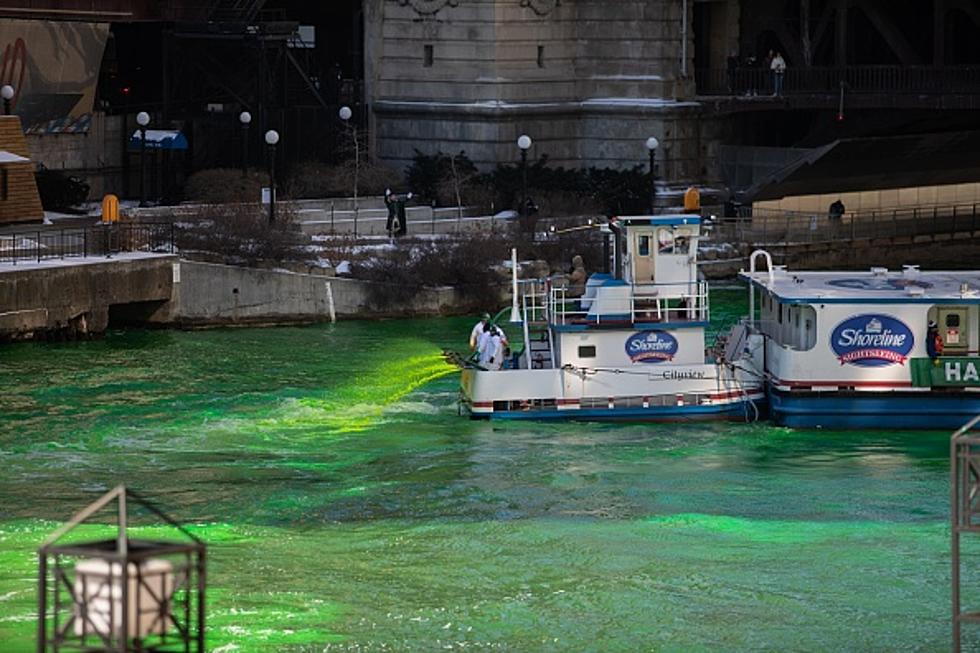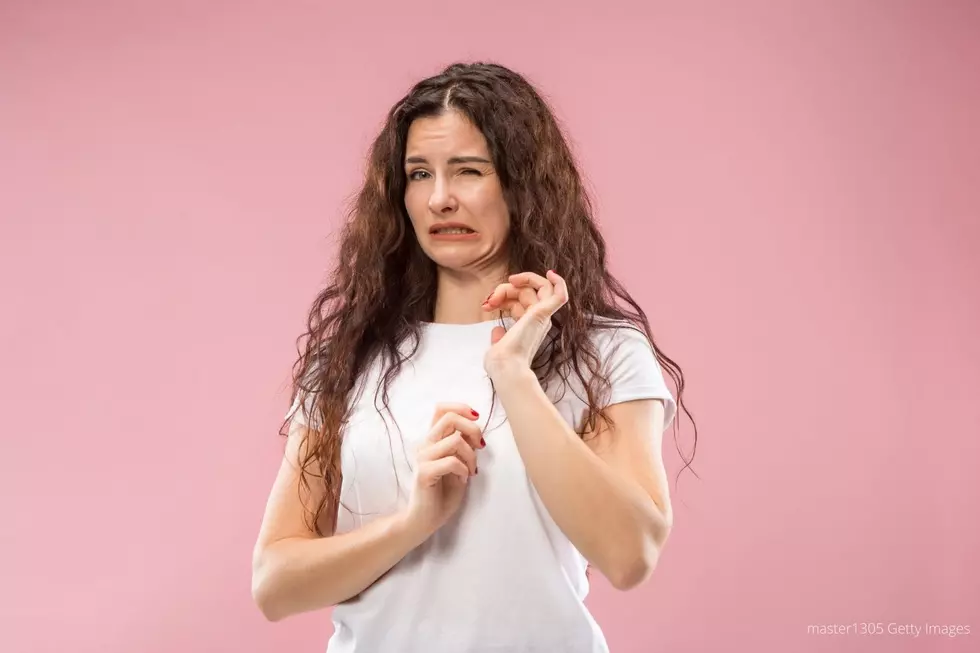
Here’s When Chicago Will Dye The River Green For St. Pat’s Day
It may be hard to believe, but the tradition of dyeing the Chicago River green for St. Patrick's Day did not begin with idea of it being done every year, and actually had nothing to do with St. Pat's Day celebrations.
According to EnjoyIllinois.com, when Richard J. Daley took over as Chicago's mayor in 1955, he wanted to know where the sewage being found in the river was coming from. So, he had the Chicago Journeymen Plumbers Local Union pump green dye through the pipes to see which ones were leaking sewage into the river, and it worked.
As Paul Harvey was so fond of saying, in a moment I'll tell you the rest of the story.
Fast-Forward To Late 1961, When The Chairman Of Chicago's St. Patrick's Day Parade (And Childhood Friend Of Mayor Daley), Stephen Bailey, Saw Something That Gave Him An Idea
Stephen Bailey was also part of the Chicago Journeymen Plumbers Local, and he noticed a coworker wearing coveralls that had been stained green after a day of pouring green dye into the pipes looking for leaks.
Bailey's lightbulb moment came when he got the idea that if the Chicago River got a bunch of green streaks in it from running dye through the pipes, why couldn't they turn the whole river green by pouring the dye directly into the river?
A few months later, in March of 1962, a hundred pounds of the dye was dumped into the Chicago River, turning it green for an entire week.
Eventually, They Cut Back On The Amount Of Dye, And Made It Much More Environmentally Friendly To The River
Apparently, having a green Chicago River for a week was too much, so the Chicago Journeymen Plumbers Local tweaked the dosage down to what they called the "magic number," which was 25 pounds of dye instead of 100 pounds, resulting in the river staying green for about 5 hours instead of seven days.
In 1966, they switched to a vegetable-based dye for environmental reasons.
Unfortunately, the (original) dye that was intended to help spot pollution was an oil-based fluorescein that many environmentalists warned was actually damaging the river even more.
The exact formula for the orange powder (yes, it's orange until it's mixed with water) is kept top-secret—in 2003 one of the parade organizers told a reporter that revealing the formula would be akin to “telling where the leprechaun hides its gold.”
Here's Where And When It Happens This Year, If You'd Like To See The Magic In Person
On Saturday, March 11th, the dyeing of the Chicago River will get started at around 10am between State Street and Columbus Drive.
Chicago's famous St. Patrick's Day parade then kicks off at 12:30pm (click here for further details).
Here's an outstanding time-lapse video of the transformation of the Chicago River:
LOOK: The oldest cities in America
103 iconic photos that capture 103 years of world history
More From KRFO-FM









